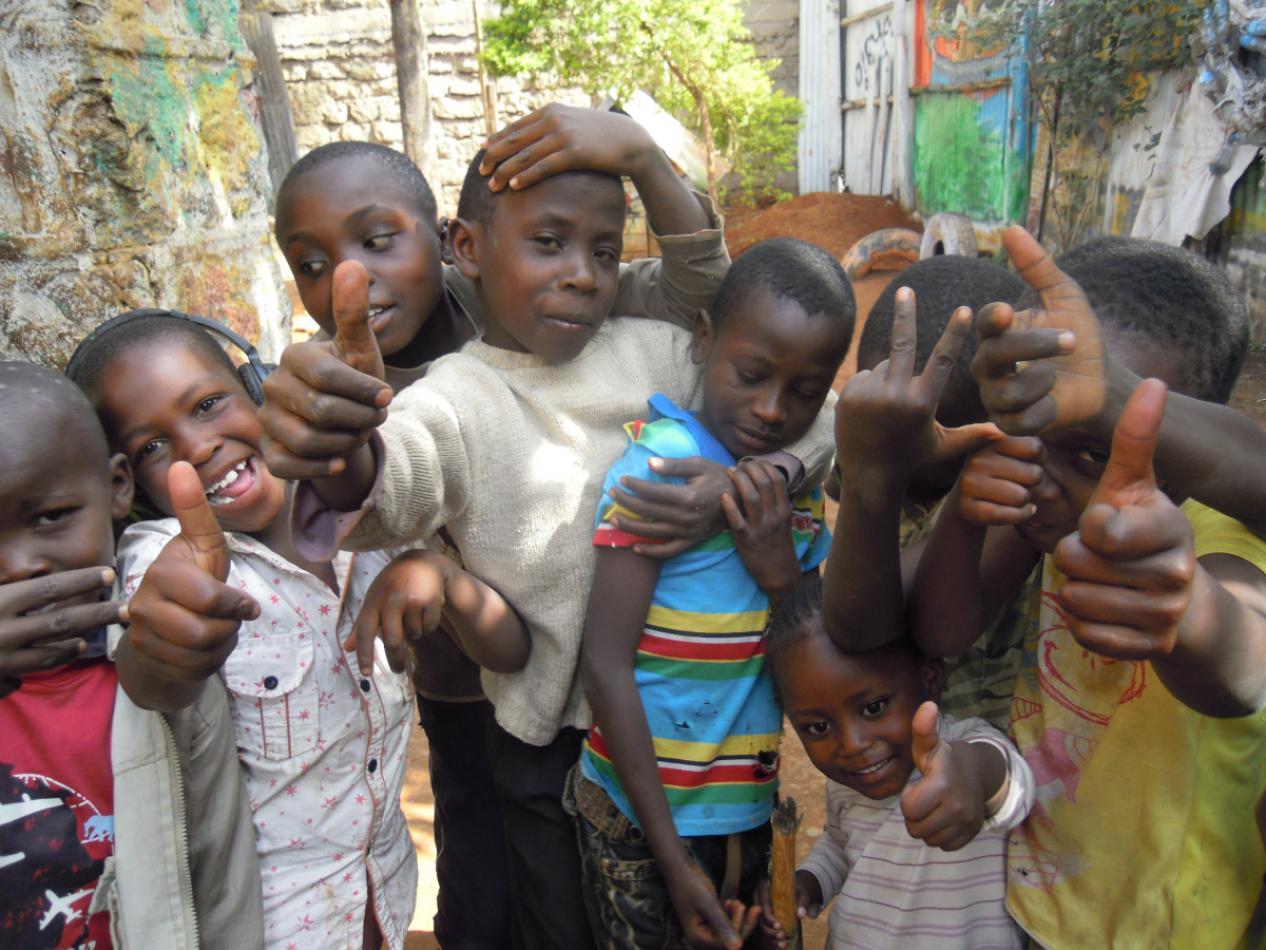Daniel Comboni
Comboni Missionaries
Institutional area
Other links
Newsletter
Saturday, February 12, 2022
In the reflection made at the 18th General Chapter, it emerged that as Comboni Missionaries we are present in frontier situations, but we carry out ordinary pastoral work. We realised the need to make more meaningful proposals for the people, to grasp and express more the action of the Spirit in their life and history.
Discernment led us to make an option for specific ministries, focusing on priority human groups identified in the various continents (e.g., Afro-descendants, indigenous peoples, pastoralist peoples, slum dwellers, migrants, etc.). Pope Francis’ reflection on the tension between local and global suggests a possible path for the development of these pastoral guidelines. Let us take for example those developed by the Migrants and Refugees section of the Dicastery for Integral Human Development. They are based on experiences in the field, which have identified good practices in different contexts. So there has been dialogue, mutual listening and a process of discernment.
This has led to pastoral guidelines with which everyone can identify, even though they are very diverse and committed in different contexts. The various experiences and perspectives shared, thanks to their diversity, have been fruitful and by interacting have provided a broader and more complete common reference horizon. This makes it possible to further share, exchange and collaborate between different experiences, to the point of creating a movement to advocate for new policies and guidelines at the international level. In other words, that means to evangelise politics. Local and global interpenetrate and create a synergy that responds more effectively to the cry of the poor.
Therefore, the development of specific ministries requires first of all a radical insertion. This is where immersion in the language, culture and spirituality of the people comes in; their history, their struggles, and making common cause with the people. But it also into question our lifestyle and structures, which influence our relationship with the people and local communities. Experiences in the field, as we accompany local communities, reveal good practices to be treasured, shared and compared with other experiences. By listening to the people and the local cultures, we may capture the seeds of the Word and the action of the Spirit in their history. The more this dialogue is participated and articulated by the encounter of different identities, ministries, situations and contexts, the more it is enriched. The path we take with our continental priorities offers us the possibility of opening up this comparison within the same specific pastoral area in different countries, opening up opportunities for encounters between peoples to build a more fraternal and sustainable world.
Such a synodal discernment, with the local and universal church, will come to take concrete form in pastoral guidelines to respond to people’s existential needs, to the great questions of life, to their search for life in fullness. The particular situations, the joys and sufferings of the people, the events that have an impact on their lives, are all starting points for the proclamation and for a personal and communal encounter with the Risen Christ. Specific ministry takes into account all these situations – which characterise the experience of a given human group – and seeks to facilitate a transforming dialogue between culture, life experiences and the Gospel, as well as discerning appropriate and contextual ways of expressing the experience of faith, of life according to the Gospel.
Finally, specific ministries that focus on a human group overcome the dichotomies (e.g., pastoral Vs social) and fragmentation (e.g., sectorialisation) of ministries that are still widespread in our experiences. The different ministries, on the other hand, are interconnected, carry forward a shared vision and build synergies. They enhance all pastoral agents, create communion and collaboration.
Bro. Alberto Parise mccj
[combonimission.net]




